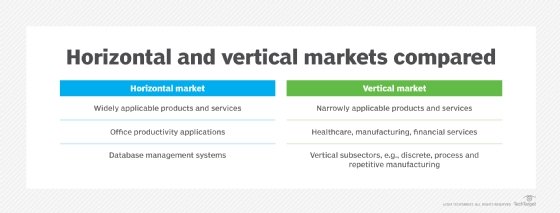
Getty Images/iStockphoto
Salesforce Industries clouds for verticals adds 100 AI features
A new AI toolkit for Salesforce's industry-specific clouds delivers more than 100 features for companies in 15 industries to automate common tasks, each with their own data model.
Salesforce on Monday rolled out an AI Use Case Library for vertical clouds that gives users in healthcare, financial services, telecom and other industries tools to accelerate AI adoption for processes common to their jobs.
More than 100 features, libraries and capabilities are included in the vertical cloud rollout. These include Inventory Check for Consumer Goods Cloud, which drills through data to uncover the reasons behind anomalies in truck loads, and Vehicle Telemetry Summary for Automotive Cloud, which uses AI to monitor a car owner's telematics data and generate a summary of vehicle performance so customer service agents can more quickly understand the condition of a vehicle to identify, for example, why their engine light is on. Another example is Complaint Summaries for Financial Services Cloud, which generates customer case summaries so agents can more quickly solve their issues.
Like Salesforce, other tech vendors, including SAP, Microsoft and Oracle, have vertical clouds for healthcare, retail and other industries. The tech vendors' push behind vertical clouds in general -- and Salesforce's in particular -- is alive and well, Constellation Research analyst Liz Miller said, because AI requires a lot of components to work, such as normalized, consistent data.
Each industry has a need for its own data model, included in accelerators such as Salesforce Industries. Such customizations could make Salesforce's entire stack appeal to industry CIOs because of its integrated security; AI bot building capabilities; and Data Cloud to house the customer data that fuels autonomous, industry-specific AI bots.
"If Salesforce hadn't done all those other things [such as security and Data Cloud], you just wouldn't be able to deploy an autonomous agent that can do the repetitive tasks that customers, quite frankly, want to do with self-service. And they can connect with a human for things they define as more important," Miller said.

Industry-specific versions of software -- and now clouds -- have been useful for IT teams for decades because they lower the cost of operation and are quicker to set up than customizing a more generic system, said Jeff Amann, executive vice president and general manager of Salesforce Industries, who worked on Siebel CRM before it was bought by Oracle, and Vlocity, which Salesforce acquired in 2020 specifically to build its industry clouds.
Industries such as healthcare, telecommunications and financial services have thorny data or regulatory process issues that make adopting new systems -- and AI -- difficult. Others, such as media companies, have complex product lines and order management needs that require software customization, which Salesforce Industries gets started with its accelerators.
"What a bank needs out of what we call Client 360 is very different than what a healthcare company needs out of what we call Patient 360. If you ask those customers to build those features themselves, then they would be software companies, not banks or healthcare companies," Amann said.
While many of the features in AI Use Case Library enable better customer service -- autonomous and human -- and more efficient sales, Amann said e-commerce and marketing uses are emerging in what are still early days of generative AI. Customers at first asked for AI features because their companies' senior leadership asked for it. Now it's because they're looking to cut costs and see generative AI as a means to accomplish that.
Don Fluckinger is a senior news writer for TechTarget Editorial. He covers customer experience, digital experience management and end-user computing. Got a tip? Email him.







